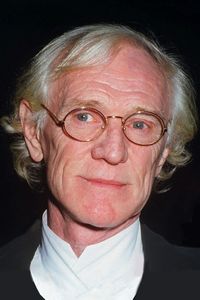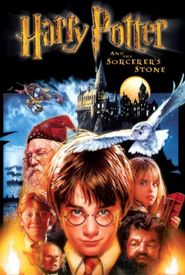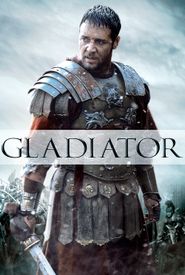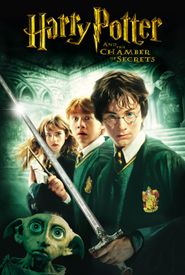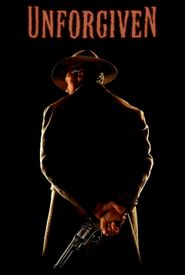Richard St John Harris was born on October 1, 1930, in Limerick, Ireland, to a farming family with nine siblings. He attended Crescent College, a Jesuit school, and was an excellent rugby player with a passion for literature. However, a bout of tuberculosis as a teenager forced him to abandon his rugby aspirations. Instead, he became fascinated with theater and began learning his craft at the London Academy of Music and Dramatic Art (LAMDA).
Harris made his screen debut in Shake Hands with the Devil (1959) and quickly secured regular work in films. His breakthrough performance came in the drama This Sporting Life (1963),earning him an Oscar nomination. He then appeared in films such as The Heroes of Telemark (1965),Major Dundee (1965),and Hawaii (1966).
Harris played King Arthur in the lackluster adaptation of Camelot (1967) and took the lead role in the violent western A Man Called Horse (1970). As the 1970s progressed, Harris continued to appear regularly on screen, albeit with varying script quality. He directed himself in The Hero (1970),appeared in films such as Jaws (1975),and starred alongside Richard Burton and Roger Moore in The Wild Geese (1978).
In the 1980s, Harris appeared in forgettable productions, but his career received a boost with the critically acclaimed film The Field (1990). He then starred alongside Harrison Ford in Patriot Games (1992) and Clint Eastwood in Unforgiven (1992). Harris's later roles included Wrestling Ernest Hemingway (1993),Cry, the Beloved Country (1995),and This Is the Sea (1997).
Harris gained widespread recognition for his performances in Gladiator (2000) and the Harry Potter franchise, playing Albus Dumbledore in Harry Potter and the Sorcerer's Stone (2001) and Harry Potter and the Chamber of Secrets (2002). He passed away on October 25, 2002, at the age of 72, due to complications from Hodgkin's disease.
